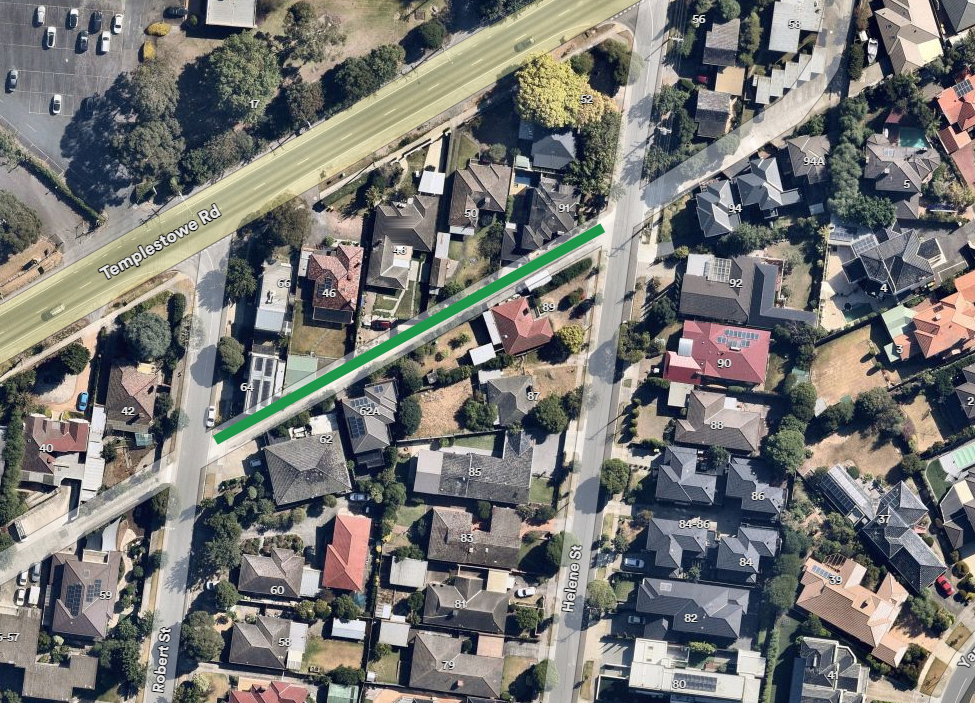A year after a court in Minsk sentenced Belarusian human rights defender and 2022 Nobel Peace co-laureate Ales Bialiatski to 10 years in prison, and his two colleagues to 9 and 7 years, respectively, concerns persist about the fairness of the trial, UN experts warned today.
“We remain gravely concerned that the trial was a retaliation against their work in the defence of human rights in Belarus,” the experts said.
Bialiatski, Chair of the Human Rights Centre Viasna, and his two colleagues, Valiantsin Stefanovic, Deputy Chair, and Uladzimir Labkovich, lawyer and coordinator of Viasna’s observation of the August 2020 election, were convicted on charges of “smuggling by an organised group” and “financing of group actions grossly violating the public order” by the Leninsky District Court of Minsk on 3 March 2023.
On 24 March 2023, several UN experts addressed a letter (BLR 1/2023) to Belarusian authorities expressing concerns about the conduct of the trial and noting that it appeared to be based on politically motivated charges. Viasna had documented the violent crackdown against protesters who contested the results of the presidential election in 2020 and has been advocating for human rights of political prisoners.
In another letter sent on 15 December 2023 (BLR 10/2023), UN experts denounced the designation of Viasna as an “extremist formation”, saying it was stigmatising the centre for its human rights work. They also referred to allegations they had received about an independent foreign journalist being arbitrarily detained at the trial of Ales Bialiatski, Valiantsin Stefanovic and Uladzimir Labkovich, to prevent her from reporting. To date, Belarus has not responded to either letter.
Since its establishment in 1996, Viasna and its members have continuously endured harassment from the authorities. The association was dissolved in 2003. In 2011, Ales Bialiatski was sentenced to four years and six months in prison. According to views adopted by the Human Rights Committee, Viasna’s dissolution, the refusal of its re-registration and Ales Bialiatski’s 2011 conviction violated the right to freedom of association under article 22 of the International Covenant on Civil and Political Rights.
“We are gravely concerned about disrespect for fair trial guarantees during the 2023 trial, notably the fact that access of the accused to their legal counsel was allegedly restricted, that they were kept handcuffed in a metal cage throughout the proceedings, in violation of their presumption of innocence, while independent media were reportedly prevented from attending the trial,” the experts said.
“Given the previous history of politically motivated harassment of Viasna, its Chair and members, there are solid reasons to believe that this time again, the trial’s real purpose was to punish legitimate human rights defence work, having a severe chilling effect on the freedom of expression and freedom of peaceful assembly and association in Belarus,” they added.
The experts urged Belarusian authorities to fully cooperate with UN human rights mechanisms regarding alleged human rights violations, quash the verdicts and conduct a new trial, with fair trial guarantees and procedural safeguards.







